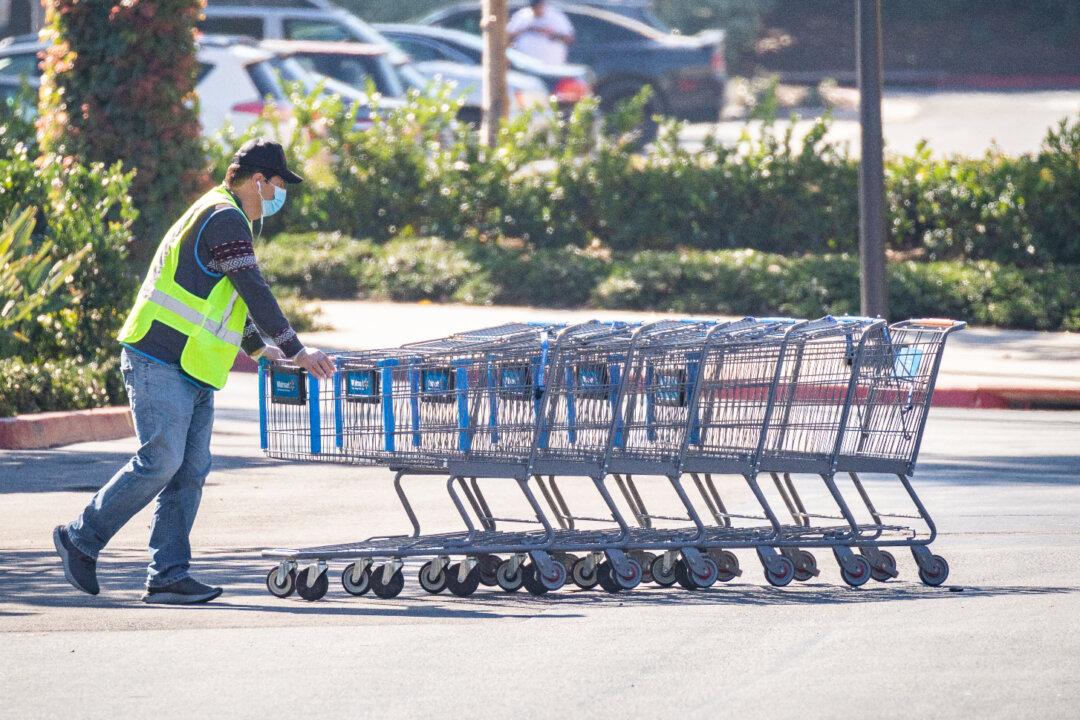A proposed city ordinance that would force grocery and drug store chains in Irvine, California, to pay their workers an extra $4 an hour in hazard pay for the next four months has cleared its first hurdle.
On Feb. 9, the Irvine City Council passed the first reading of Mayor Farrah Khan’s proposal by a 3–2 vote. Councilmembers Mike Carroll and Anthony Kuo, both Republicans, opposed the measure, while Councilmembers Larry Agran and Tammy Kim joined Khan by voting in favor.





